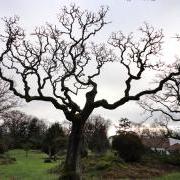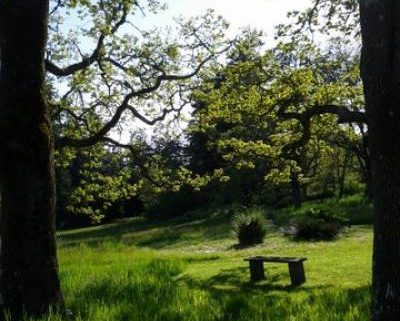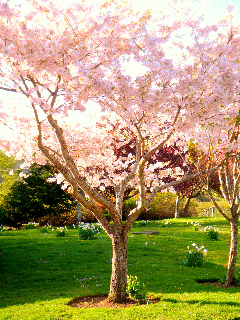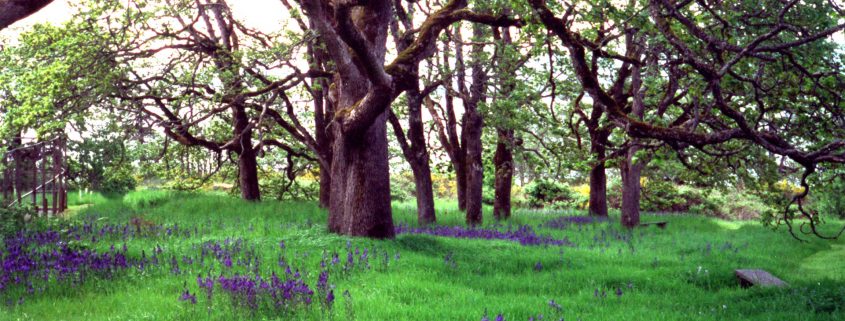Meditative Self-inquiry with Mukesh Gupta, September 5, 2020
Meditative Self-inquiry
With Mukesh Gupta
Zoom online September 5, 2020
This was the fourth in a series of eight presentations by Mukesh Gupta and sponsored by the Krishnamurti Educational Centre of Canada. Mukesh was joining us online from Varanasi, India. His topic was “The Art of Looking, Listening, and Learning”, and the meeting was attended by eighteen people, all included. As usual, Mukesh began with some silent sitting with the suggestion to be effortlessly attentive to whatever is arising. His presentation then began with an exploration of the art of listening and gradually moved on to looking and learning. He emphasized that we can learn about all these by experimenting with them in our daily lives. A kind of sensitivity and deeper quality of awareness develops naturally from this experimentation, and Mukesh explored various aspects of the journey of discovery through “choiceless awareness”, which Krishnamurti points to in his talks and writings. Mukesh asked a variety of important questions in considering the subject of learning and suggested that it is best to remain as a beginner at all times, being open to new insights and discoveries about oneself and the process of self-observation. Can one observe not from a small “centre” or limited identity, but with one’s whole being, mind, and heart? Intelligence may arise as we observe in this way. Seeing clearly is the source of intelligent action in one’s life.
This was another skillful presentation by Mukesh and was apparently valued and enjoyed by the participants









